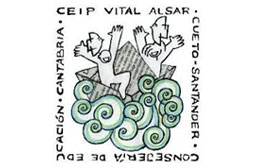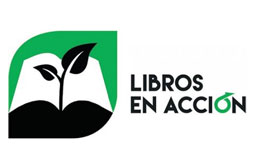15:02 Who are you and what is your relationship with SECPAL?
01:20 Does SECPAL have branches throughout the Spanish State?
01:56 In addition to the Society there is the SECPAL Foundation, what differentiates the Foundation from the Society? Do they have different functions? 03:04 Are there any contracted people working on a permanent basis?
04:12 What is the profile of the members?
05:51 What do you gain access to when you pay the Association’s dues?
07:10 What other sister associations exist in the Spanish Spain for the democratization of palliative care?
11:36 Who were pioneers in palliative care in Spain?
14:24 What is “dying”?
17:32 What does “dying badly” imply?
26:01 We cannot forget that in many families the option of home care is not possible, what alternative can we offer these patients in these cases?
27:02 Do we have the Anglo-Saxon hospice model in Spain?
27:56 What other end-of-life resources and services are there in Spain?
31:14 Why don’t we have a palliative care law in Spain?
32:25 In the interview for the Constellation of the Commons with the Right to Die with Dignity we talked about the Euthanasia Law, what is SECPAL’s opinion about the acquisition of this right?
36:21 Why do you think that in Spain we have an Euthanasia Law before we have a Palliative Care Law?
41:28 Why do you think it is taboo to talk about death in the developed capitalist model of society?
41:28 In your experience, what is usually the perception of terminal patients of the medical system?
45:06 What are we talking about when we speak of “palliative care?” What sort of care does it include?
47:09 Historically speaking, how did the incorporation of palliative care in hospitals occur?
48:21 Palliative medicine is a recognized specialty in many universities and has been named as a right by the World Health Organization and the United Nations. What is the situation of palliative care education in Spanish universities?
50:27 Why do you think there is no palliative care course in medical schools?
51:21 If a medical career does not seem to be the place for this type of training, where do people in the palliative care sector receive training?
53:30 Who should be able to request this type of care?
56:44 According to the information on your website, palliative care teams reach less than 50% of the population in Spain. What needs to happen for palliative care to be a reality available to everyone?
01:27 Is being a subject in a clinical trial compatible with receiving palliative care?
01:02:35 Does the type of palliative care change depending on whether it is provided in the private or public sector?
01:02:55 What would need to happen for a Palliative Care Law to be approved?
01:04:38 What happens when palliative care does not intercede?
01:08:14 Would you agree with the hypothesis that a lack of palliative care somehow encourages the desire to resort to euthanasia? 01:09:22 In what areas has SEPCAL been developing its activities?
01:12:21 Is it important to include death in early childhood education?
01:13:16 Going back to the subject of resources, I imagine that many families are unable to care for terminally ill family members because they cannot take time off work to attend to them. Have you come across such situations?
01:15:13 From the Constellation of the Commons (CC) we are working on a useful and propositive collective imaginary that encourages civic participation in the transformation of the hegemonic system. Can you share with us some good news?
01:17:06 What fuels your desire to fight daily for the right to palliative care for everyone?
On January 8, 1992, the Spanish Society of Palliative Care (SECPAL) was founded in Madrid. SECPAL was created with the aim of promoting Palliative Care in Spain and serving as a unifying link for all professionals working in this field. Today, SECPAL is also one of the leading Scientific Societies internationally in the Spanish language.





